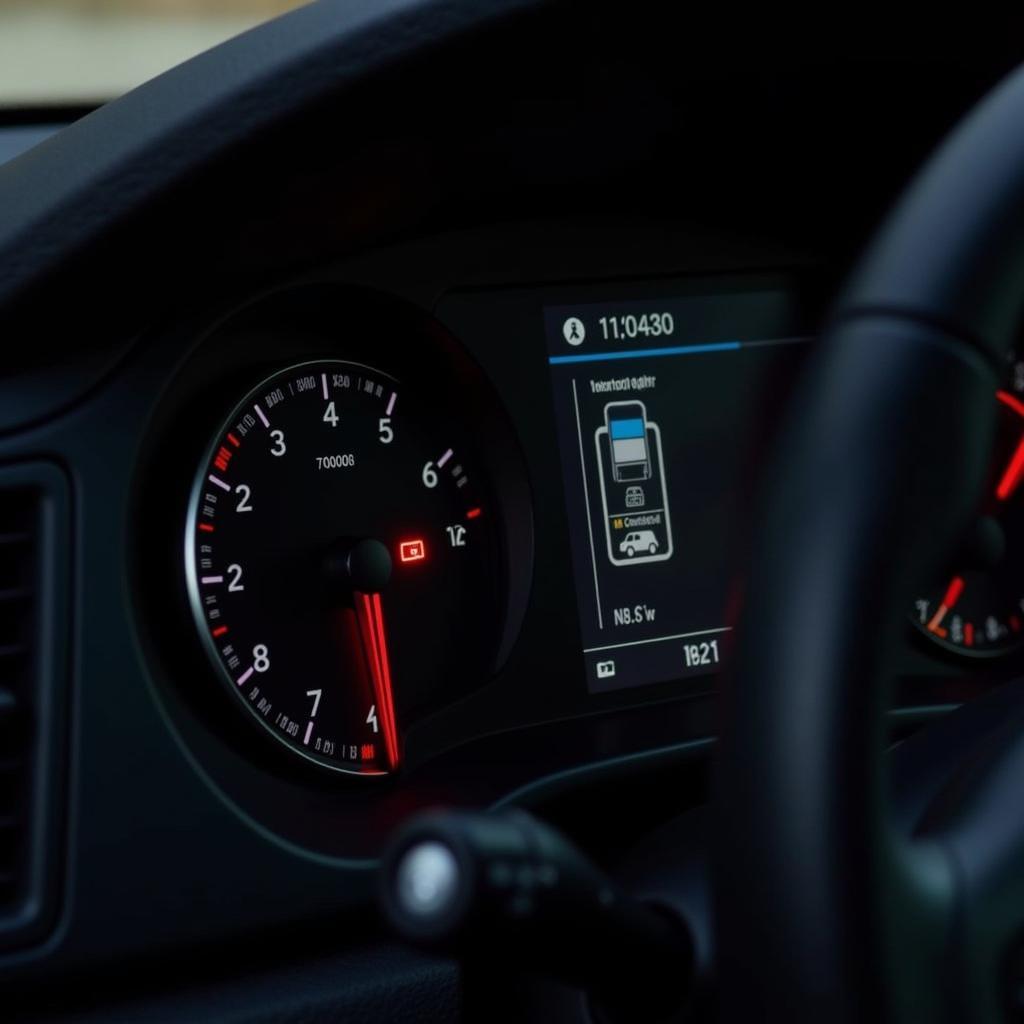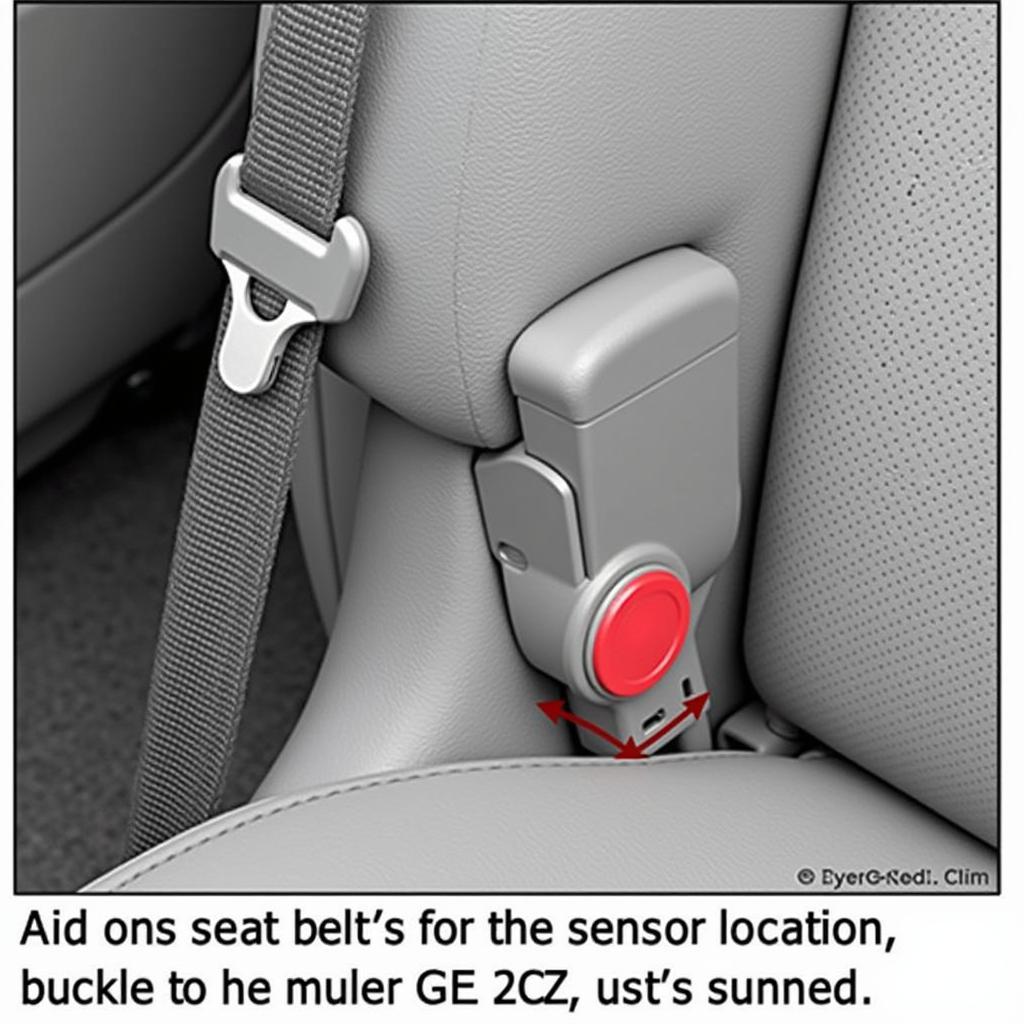The E39 BMW 5 Series is a popular and reliable car, but like any vehicle, it can experience problems. One common issue that E39 owners face is the brake warning light coming on. This can be a worrying sign, but it’s important to remember that it doesn’t always mean something serious.
This article will help you understand the various reasons why your E39 brake warning light might be on and provide you with the information you need to troubleshoot and resolve the issue.
Why is My E39 Brake Warning Light On?
There are several reasons why your E39 brake warning light might be on. Here are some of the most common causes:
Low Brake Fluid
The most common reason for the brake warning light to come on is low brake fluid. This is because the brake fluid level sensor is directly connected to the brake warning light. If the fluid level drops below a certain point, the sensor triggers the light.
-
How to Check: Open the hood of your car and locate the brake fluid reservoir. It’s usually a clear plastic container with a “MAX” and “MIN” marking. If the fluid level is below the “MIN” mark, you need to add brake fluid.
-
Important: Always check the brake fluid level with the car parked on a flat surface.
-
Caution: Use only the recommended brake fluid for your E39 model. Using the wrong type of brake fluid can damage your brakes.
Expert Tip: “Low brake fluid is often a symptom of a bigger problem. If you keep having to add brake fluid, it’s essential to get your brakes inspected by a mechanic.” – John Smith, Certified BMW Mechanic
Faulty Brake Pad Sensor
Another common reason for the brake warning light to come on is a faulty brake pad sensor. These sensors are small electrical components that are attached to the brake pads. When the pads wear down to a certain thickness, the sensor triggers the warning light.
-
How to Check: If you have basic mechanical knowledge, you can check the brake pads for wear. But it’s best to have a mechanic check the sensors for proper functioning.
-
Note: Brake pad sensors are usually replaced at the same time as the brake pads themselves.
Other Reasons
Here are some other reasons why the brake warning light might come on in your E39:
- Faulty Parking Brake System: If the parking brake isn’t properly engaged or disengaged, the warning light might come on.
- Faulty ABS (Anti-lock Brake System): A fault in the ABS system can also trigger the brake warning light.
- Faulty Brake Light Switch: The brake light switch is a small component that tells the brake lights to turn on when you press the brake pedal. If this switch malfunctions, it can trigger the warning light.
- Electrical Issues: Sometimes, the brake warning light may come on due to an electrical issue in the wiring or the brake control module.
How to Fix the E39 Brake Warning Light
If your E39 brake warning light comes on, the first thing you need to do is check the brake fluid level. If it’s low, add brake fluid to the reservoir. If the level is fine, you’ll need to have your brakes inspected by a qualified mechanic.
Important Note: Do not ignore the brake warning light. It’s a sign that there’s a problem with your brakes, and ignoring it could lead to a dangerous situation.
E39 Brake Warning Light FAQs
1. Can I drive with the brake warning light on?
It’s best to avoid driving your E39 with the brake warning light on. While you might be able to drive for a short distance, it’s crucial to address the issue as soon as possible to avoid further damage or a dangerous situation.
2. How much does it cost to fix the brake warning light?
The cost of fixing a brake warning light varies depending on the underlying issue. It could range from a simple brake fluid top-off to a complete brake system overhaul.
3. What are the symptoms of a faulty brake system?
In addition to the brake warning light, other symptoms of a faulty brake system include:
- Soft brake pedal: The pedal feels spongy or goes to the floor easily.
- Squealing or grinding noise: This is a common sign of worn brake pads.
- Vibration when braking: This could be a sign of a warped brake rotor.
- Pulling to one side when braking: This indicates a problem with the brake calipers.
4. How often should I get my brakes inspected?
It’s recommended to get your brakes inspected every 6 months or 5,000 miles, whichever comes first.
5. How can I prevent brake problems in my E39?
Here are some tips for preventing brake problems:
- Regularly check your brake fluid level: Do this every month or two.
- Get your brakes inspected regularly: Follow the recommended inspection schedule.
- Use quality brake pads and rotors: Replace worn pads and rotors promptly.
- Avoid hard braking: This can accelerate brake wear.
- Maintain a healthy driving style: Smooth braking and acceleration can prolong the life of your brakes.
Conclusion:
The E39 brake warning light can be a frustrating and potentially dangerous issue. By understanding the possible causes and troubleshooting steps outlined in this article, you can effectively address the problem and ensure your brakes are safe and reliable. Remember, it’s always best to have a qualified mechanic inspect your brakes regularly to prevent any potential problems.


